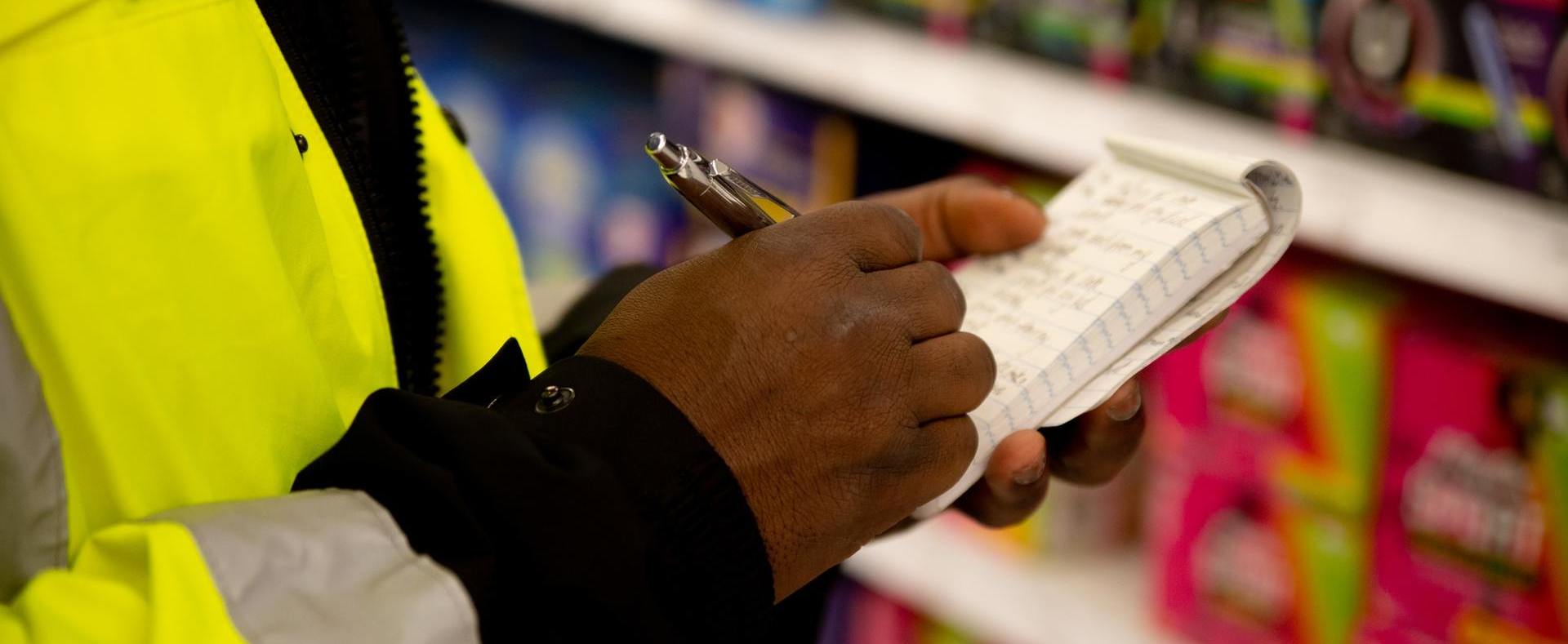The importance of evidence
Posted on 20th May 2022 at 13:36
Evidence is mainly used to support claims made by individuals or groups who consider something real or a fact. It can also be used to debunk or reject a point or argument that people disagree with or believe is untrue. Gathering evidence to support your legal position is crucial in any litigation preparation. The rules of evidence can be found in a variety of statutes and a significant body of case law. Because a Judge may only make decisions based on the facts presented to them, a site must submit as much relevant evidence as possible to support its argument.
Evidence is most notably used to support or disprove claims and helps in work decision-making. When it comes to working with teenagers and small children, it is critical to developing and, if necessary, refinement of programmes to assist youngsters. Evidence reveals which ideas are practical and which are not, implying that schedules are altered to make them more relevant and help youngsters develop further.
Evidence can be oral, documentary and real. Depending on the nature of evidence and the discipline in which it is analysed, different types of evidence are classified as weak or strong. The many sorts of evidence available will be graded in terms of their usefulness in doing research and establishing or disproving facts and thesis by disciplines. Research can be undertaken to general, hopefully, higher criteria by evaluating the strength of each type of evidence. When presenting or using evidence, it must be placed in the correct context possible, emphasising any strengths or shortcomings it may have and explaining why this particular evidence was chosen over others.
We recommend that you speak to your Personal Tutor, the Counselling Service, or a Support and Wellbeing Officer if your case is susceptible and you are concerned about disclosing highly personal information, such as in the case of sexual assault or if you are giving evidence as part of an ongoing criminal investigation. These individuals can discuss the evidence with you in confidence. They may be able to provide you with a supporting statement to include with your form without requiring you to submit sensitive material.
Evidence has played a crucial role in protecting the innocent from getting punished ever since. Another way to separate evidence is to classify it as 'director 'circumstantial.' In essence, direct evidence is any evidence that directly confirms or disproves a fact in dispute. In comparison, circumstantial evidence is indirect evidence supporting but does not prove or disprove an existence in dispute. The evidence presented to the Court determines whether or not a case is won or lost. Parties must seek out, locate, and collect evidence to support their legal positions. Obtaining legal guidance on the admissibility of this evidence and if additional evidence should be gathered may aid parties in their preparation for their case.
For a 5* recommended tracing and investigation service, please get in touch with CCS Nationwide today at info@ccsnationwide.co.uk
Share this post:



















